Are you confident in the safety of our food?
- Like
- Digg
- Del
- Tumblr
- VKontakte
- Buffer
- Love This
- Odnoklassniki
- Meneame
- Blogger
- Amazon
- Yahoo Mail
- Gmail
- AOL
- Newsvine
- HackerNews
- Evernote
- MySpace
- Mail.ru
- Viadeo
- Line
- Comments
- Yummly
- SMS
- Viber
- Telegram
- Subscribe
- Skype
- Facebook Messenger
- Kakao
- LiveJournal
- Yammer
- Edgar
- Fintel
- Mix
- Instapaper
- Copy Link
Posted: 16 January 2020 | Bethan Grylls (New Food) | 1 comment
Ahead of speaking at Food Integrity, Bethan Grylls, Editor of New Food, interviews innocent drinks’ Central Technical Team Leader, Konstantina Karagkika, about the pressures on industry and how the company looks to identify and prevent risks to its supply chain.
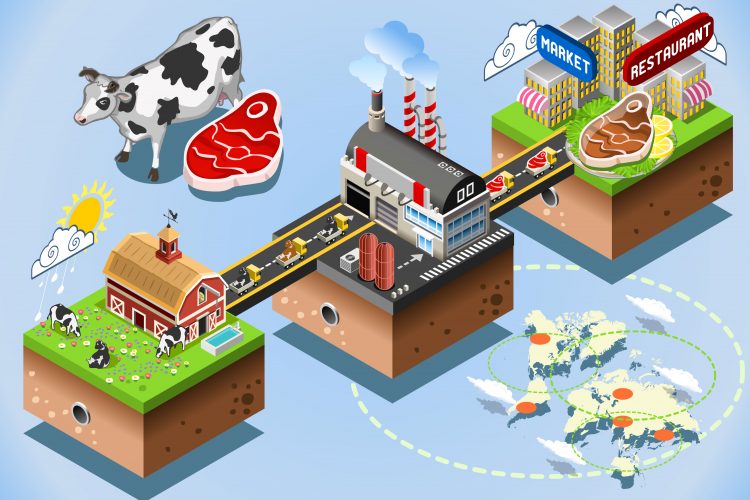

“I am confident in the safety of the food I eat” – this was a question posed in a survey conducted by the Center for Food Integrity in both 2017 and 2018. The difference? In 2017, 47 percent of consumers strongly agreed with this statement, in 2018 only 33 percent did.1
It is evident that there is a lack of consumer trust in the food and beverage market and, perhaps, for good reason. As an Editor of a global food magazine, I take the time to keep abreast of the latest goings-on; and incidents of recalls and fraudulent activity are, sadly, a regular news item.
However, that isn’t to say that the industry is just sitting still; there are many who are acting and fighting against fraud.
I took the opportunity to speak with Konstantina Karagkika, Central Technical Team Leader at innocent drinks, whose role is to understand the regulations that help protect our global supply chain and how these will affect future business affairs.
Pressures on the food and beverage industry
“One of the biggest challenges of supply chain management is expectation and time constraints,” Karagkika said. “Food fraud is usually the result of criminal activity, but it can also stem from commercial pressures. Today, consumers expect strawberries all year round, they expect tomatoes all season; that puts a lot of pressure on companies to deliver to these expectations. I believe that is contributing towards fraudulent activity.”
This is echoed in the European Commission’s 2018 report on food fraud: “The complex nature of our globalised food supply chains and the economic motivation to provide cheaper food products have contributed to the prevalence of food fraud.”2
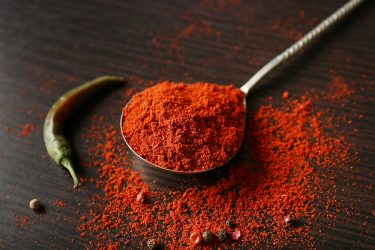

She continued, “We have seen steady steps from food businesses, as they look to understand more about where their food comes from. You’ll notice that many companies now have dedicated task teams who focus solely on risk factors – that is not a random act, but rather a wide-spread realisation from the industry that they must address this area.”
However, she did caution that although progress is being made, industry must remain vigilant around food fraud. “We can never predict exactly what is going to happen.”
At innocent, Karagkika explained that each one of its ingredients and suppliers has a risk assessment attached to it. “In order to improve these assessments, we look at factors related to historical aspects and recent news, as well as whether they are members of schemes. We also test products and we always make visits and carry out audits. Using the results, we allocate a score to each one of our ingredients as to how risky we believe they are. Based on that score, we have a surveillance programme to assess retesting.”
She added that the company is also working closely with a laboratory which provides the company with “further intelligence” as well as informing it of new testing methods and systems.
Karagkika emphasised that this teamwork is of the utmost importance in order to build trust and ensure integrity and safety of product. “We cannot work in isolation,” she remarked.
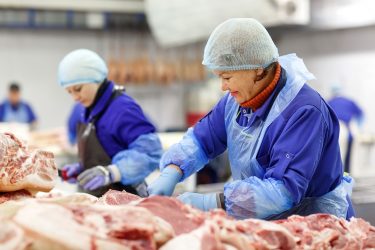

She added that maintaining discussions around food safety between industry, government and NGOs is vital. For example, innocent is working with associations such as the Anaphylaxis Society to better understand and improve their allergen process.
The key thing, she noted, is to have the consumers at the heart of everything. “We must focus on what is good for them because at the end of the day, we’re all consumers” – in other words, it’s in each and every one of our interests to have a safe supply chain.
As innocent is a global brand, Karagkika admitted that it is a challenge to keep on top of every regulation, but she said that there are tools and ways in which you can work that help to provide clarity.
She explained that artificial intelligence has been used in recent years to help translate differing regulations around the world; and she believes we will see further advances in this area in the future.
Food Integrity 2020
Karagkika will be discussing potential vulnerabilities in the supply chain among a panel of other food safety gurus at our upcoming Food Integrity event.
The session will look to address the increasing risks associated with evolving supply chains, the new challenges from global economics, how to manage suppliers and establish provenance, and a look at the types of technologies available to help secure your supply chain.
Food Integrity builds on the success of New Food’s Food Fraud events. Now in its fourth year, the conference will offer visitors a chance to hear from a wide-range of experts, network and explore some of the toughest questions facing our sector.
“I have been to Food Fraud for the last two years and I always come out having learnt something new,” Karagkkia said. “As I mentioned earlier, working together is vital, so having the opportunity to share and collaborate is great. In my opinion, it is the only way we can move forwards.”
Food Integrity will be held on the 18-19th March 2020. View the full agenda here and book your place today!


Biography
Konstantina Karagkika has a Master’s degree in Food Safety and Quality Assurance (QA). After graduating from University, she started working in QA, working her way up to a Technical Managerial role. She joined innocent drinks in 2014 as an Ingredients Technologist and last year, assumed her position as Central Technical Team Leader. She is now responsible for regulatory affairs, standards and microbiology within the group, leading a team of seven people.
She will be part of a panel session Assessing Supply Chains for Potential Vulnerability at Food Integrity 2020.
References
1. http://www.foodintegrity.org/wp-content/uploads/2018/01/CFI_Research_8pg_010918_final_web_REV2-1.pdf
2. https://ec.europa.eu/food/sites/food/files/safety/docs/food-fraud_network_activity_report_2018.pdf
Related topics
Allergens, Beverages, Contaminants, Equipment, Food Fraud, Food Safety, Ingredients, Outbreaks & product recalls, Quality analysis & quality control (QA/QC), Traceability




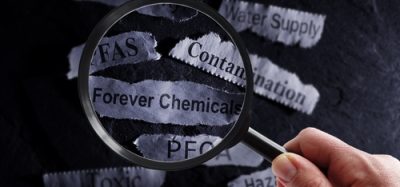
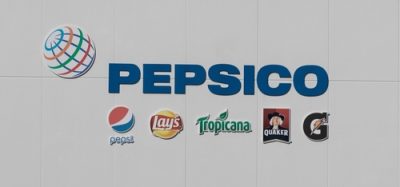

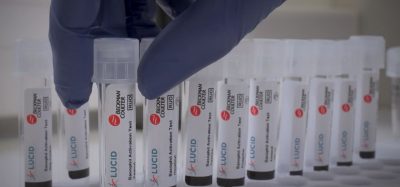


I have no issue with Konstantina’s comments but her focus, understandably, is Innocent Drinks. The article asserts her role is to understand the regulations that protect our global supply chain but clearly her role, exposure and comment cannot encompass or all products, all sectors, all territories, all stakeholders. Of critical importance is the degree of compliance with regulations by stakeholders within those sectors and territories. In fact, lack of compliance with hygiene and food safety regulations in food transport is a major foodborne illness threat to consumers today and as poor hygiene promotes accelerated spoilage it is also a major contributor to increased food waste.